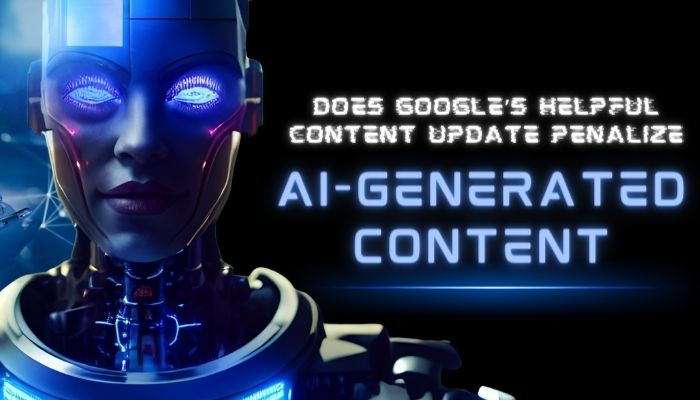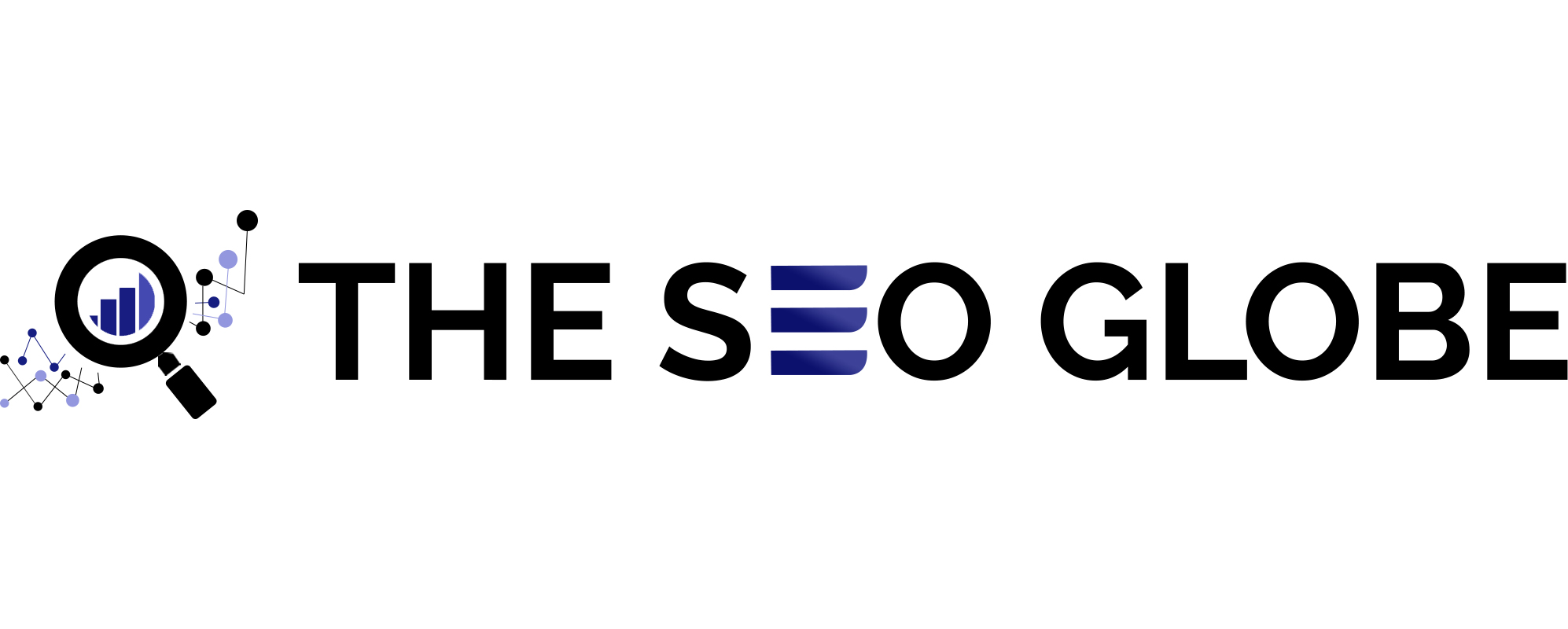Know how Google works with AI-generated content, does it affects the rankings and what is the real hack to use.

Since the launch of OpenAI ChatGPT in November 2022, there has been quite a buzz that AI is going to replace human artists soon enough. This has left many of us wondering if it’s true and will AI-generated content be able to replace humanised writing. Many writing websites have shifted themselves to AI-generated content, removing themselves from the dependency of content writers, while others are still against AI to generate content as it seems to affect the performance of the website. All this dilemma and changing choices due to the introduction of revolutionary changes since 2022 has left everybody with a question “Does Google’s Helpful Content Update Penalize AI Content?”
ALSO READ: Google PageRank Guide For Beginners
How AI Generates Content?
AI content generation is like a wizard conjuring words with a magical touch. But how does this modern sorcery work?
Think of AI as a clever student learning the language of humans. It uses fancy tricks called natural language processing (NLP) to understand how we talk and write. With NLP, AI can read, interpret, and even mimic our language patterns. Now, let’s meet the star of the show, neural networks. These are like the brainy engines driving AI’s creativity. They’re trained on tons of text, learning the rules of grammar and storytelling. It’s like teaching a robot to write poems!
But here’s where the fun begins. AI doesn’t just copy-paste; it adds its flair. Seems similar to the content writer. Through a process called fine-tuning, it adapts to different writing styles, just like a chameleon changing colours. And when it’s time to get creative, AI pulls out its bag of tricks. It can mix and match words, creating endless possibilities. It’s like a chef experimenting with new recipes, except AI’s cooking up stories!
Now it feels AI is better as an assistance to a writer. Isn’t it?
Can Google Detect AI-Generated Content?
But what about the AI-generated content? How does Google respond to it?
Though, of course, Google can detect AI-generated content and it’s pretty easy for Google to detect the source of writing. Google, with all its algorithmic prowess, has developed quite the nose for sniffing out AI-generated content. It’s like a detective, armed with fancy tools like natural language processing (NLP) algorithms, hunting down clues in the digital landscape.
These NLP algorithms are like bloodhounds, trained to spot patterns and nuances that give away the AI’s handiwork. They analyze the text, looking for telltale signs that scream “made by a machine!” It’s like trying to hide a robot in a room full of humans, Google’s algorithms are pretty good at spotting the odd one out.
Also, AI isn’t sitting idly by, twiddling its digital thumbs. It’s constantly evolving, getting smarter and craftier with each passing day. Just when Google thinks it’s got the upper hand, AI pulls a new trick out of its virtual hat. And let’s not forget, Google’s not the only player in town. There are other tools and technologies out there, each with its bag of tricks for detecting AI-generated content. It’s like a high-stakes game of cat and mouse, with both sides trying to outsmart each other at every turn.
How Does AI-Generated Content Affect Ranking?
Before we cater this question right away, let’s just understand how the search rankings are achieved.
When it comes to Search Engine Optimization, Google’s algorithm updates reign supreme. The helpful content update, designed to elevate user experience by prioritizing quality, has sparked speculation regarding its stance on AI content. Google’s emphasis lies not in the method of content creation but in its quality. With guidelines centred on relevance, expertise, and user satisfaction, Google seeks to reward content that resonates with audiences, irrespective of its origin.
Google caters for the content based on the E-A-T principle which is expertise, authoritativeness and trustworthiness of the data and ranks it accordingly.
This is almost an answer to this question, that Google does not discriminate against the source of origin. Specially, only based on AI content per se. Rather, its scrutiny is directed towards the hallmark of quality. Illustrated through instances of AI-generated content securing commendable rankings, Google’s verdict echoes quality triumphs over origin.
The HACK to use AI-generated Content!
Using the C.R.A.F.T. framework, a beacon guiding content creators in the quest for quality. By cutting the fluff, reviewing and optimizing, adding visuals, fact-checking, and building trust through personalization, AI-generated content can transcend its robotic origins, embodying a human touch that captivates audiences.
Google and its Penalization Guideline
Google prioritizes user experience and satisfaction. Whether the content is generated by AI or penned by a human, if it fails to meet Google’s standards for helpfulness and user intent, it risks falling foul of the search giant’s penalization guidelines. Again, google’s intent to improve ranking depends totally on E-A-T and nothing else.
Leveraging AI: Ethical Evolution in Content Creation
Embrace AI as a catalyst for innovation, not a harbinger of penalties. By amalgamating AI output with human refinement, content creators can navigate the digital landscape with confidence, reaping the benefits of automation while upholding the tenets of quality and integrity.
In the tapestry of digital content, AI stands as a testament to ingenuity, a tool wielded by creators to craft narratives that captivate and inspire.
ALSO READ: Google and AI-Generated Content: Details, Google Guidelines and AI Content Detection Tools

